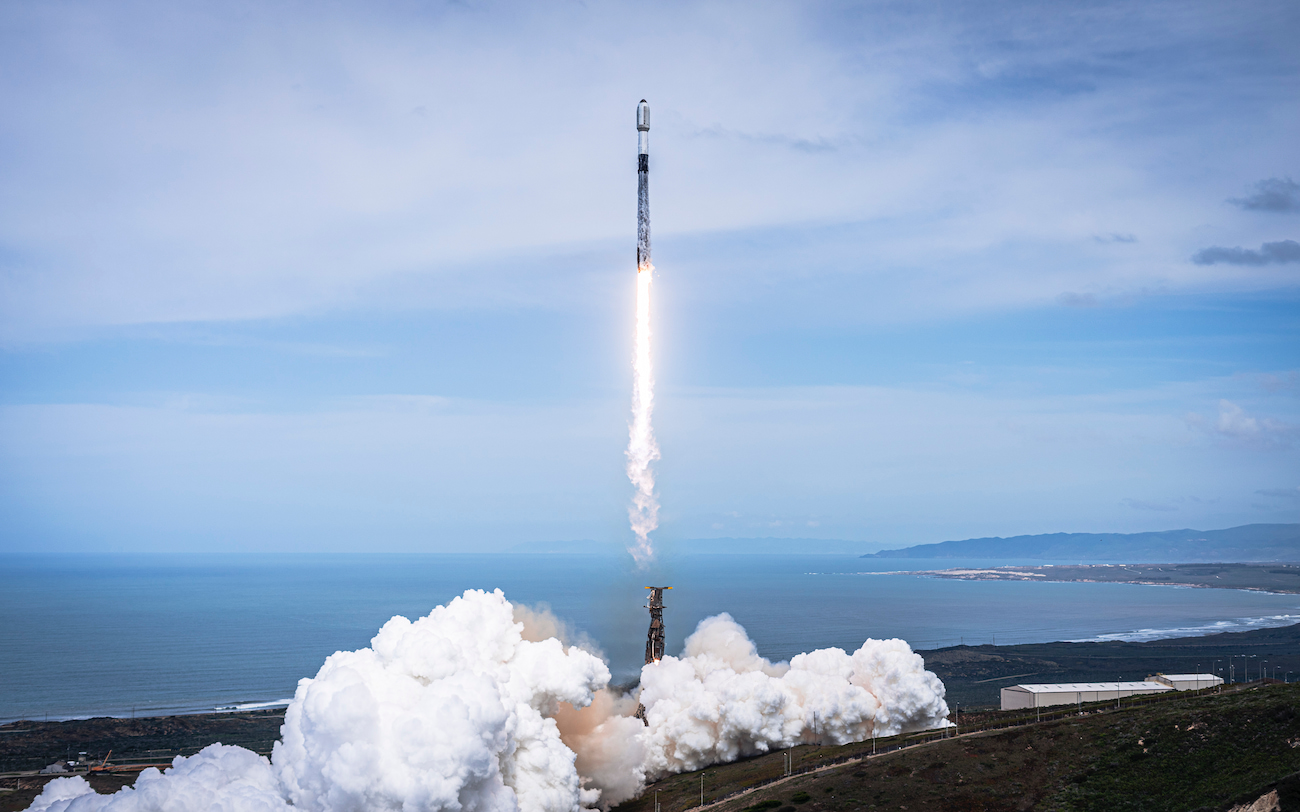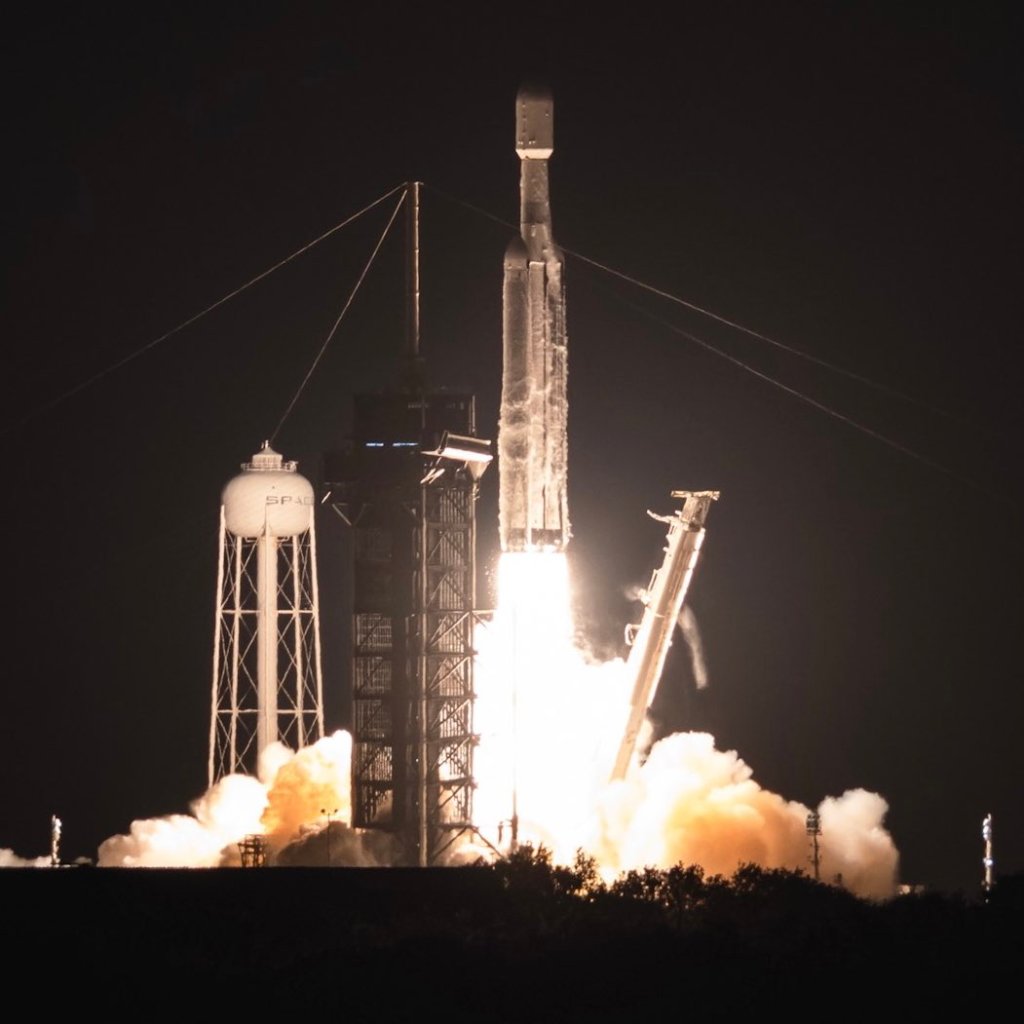
SpaceX is one of the most valued private companies in the world, second probably only to ByteDance (TikTok’s parent company). The rocket launcher is a company many private investors would love to have a piece of. However, SpaceX looks to be no longer looking to raise any funds in the future.
Has SpaceX made it?
It’s safe to say that SpaceX’s Falcon 9 program is profitable as the company has been successfully launching customer payloads for over two decades. The company has used that money to grow and become one of the most sought-after places of employment for college graduates. Its Falcon 9 rocket launches have become relatively common, and even the landing of its boosters is expected each time.
SpaceX just launched its sixth Falcon Heavy mission, the first to launch nearly directly into geostationary orbit and expend all three boosters. It was a weird sight to see and something I bet cost ViaSat, the owner of that mission’s satellite, a pretty penny to do.

SpaceX has also spent billions building its Starlink worldwide internet constellation and Starship fully reusable rocket. Neither of these has been cash flow positive, the latter still in development with lots of cash needed to succeed.
SpaceX’s success can be linked to three main reasons, in my opinion. First was its lower cost to orbit versus ULA. That allowed SpaceX to win contracts with both NASA and the DoD, which kick-started Falcon 9 and Dragon development that would have been impossible with private funds alone in the early 2000s.
Second was Elon Musk’s ability to drive private equity to the company. As a result, billions of dollars have flown into SpaceX to continue its development of Starship and Starlink. Historically, space companies have been terrible investments, but now, you’re missing out if you aren’t investing in space.
Third and finally, SpaceX has a clear mission: Get to Mars. Unlike many others in the space industry, SpaceX’s overall mission is straightforward and doesn’t sound like it was workshopped by a bunch of communication majors. It’s a goal investors and employees can latch on to and be prepared to sacrifice for, either with more capital or long others at work.
Musk is done with private capital
In a Twitter space, Musk discussed what was learned during SpaceX’s first integrated launch of its Starship vehicle. In the middle of detailing what went wrong, Musk talked about how they would be just fine financially to keep developing SpaceX’s new rocket.
SpaceX is projected to bring in roughly $11.5 billion in revenue in 2023, more than the expected $2 billion that will be spent on Starship development this year. However, there are still unknown costs of running Starlink, an extremely talented workforce, and other operating expenses.
This confidence in not needing outside funding is a good sign that SpaceX is operating well. Many other companies within the space sector are still relying on revenue from private funding rounds or the sale of its share publicly. SpaceX looks to be moving toward self-sustainability, depending only on its income to fund its crazy programs.
SpaceX has stated that once in a more financially stable position, Starlink could be spun off and go public. However, that might be difficult with the changing economic times and reports that Starlink is too reliant on no-cost Falcon 9 launches. Nevertheless, it would be the perfect business for those interested in getting their hands on another Musk jewel company to invest in.
FTC: We use income earning auto affiliate links. More.



Comments